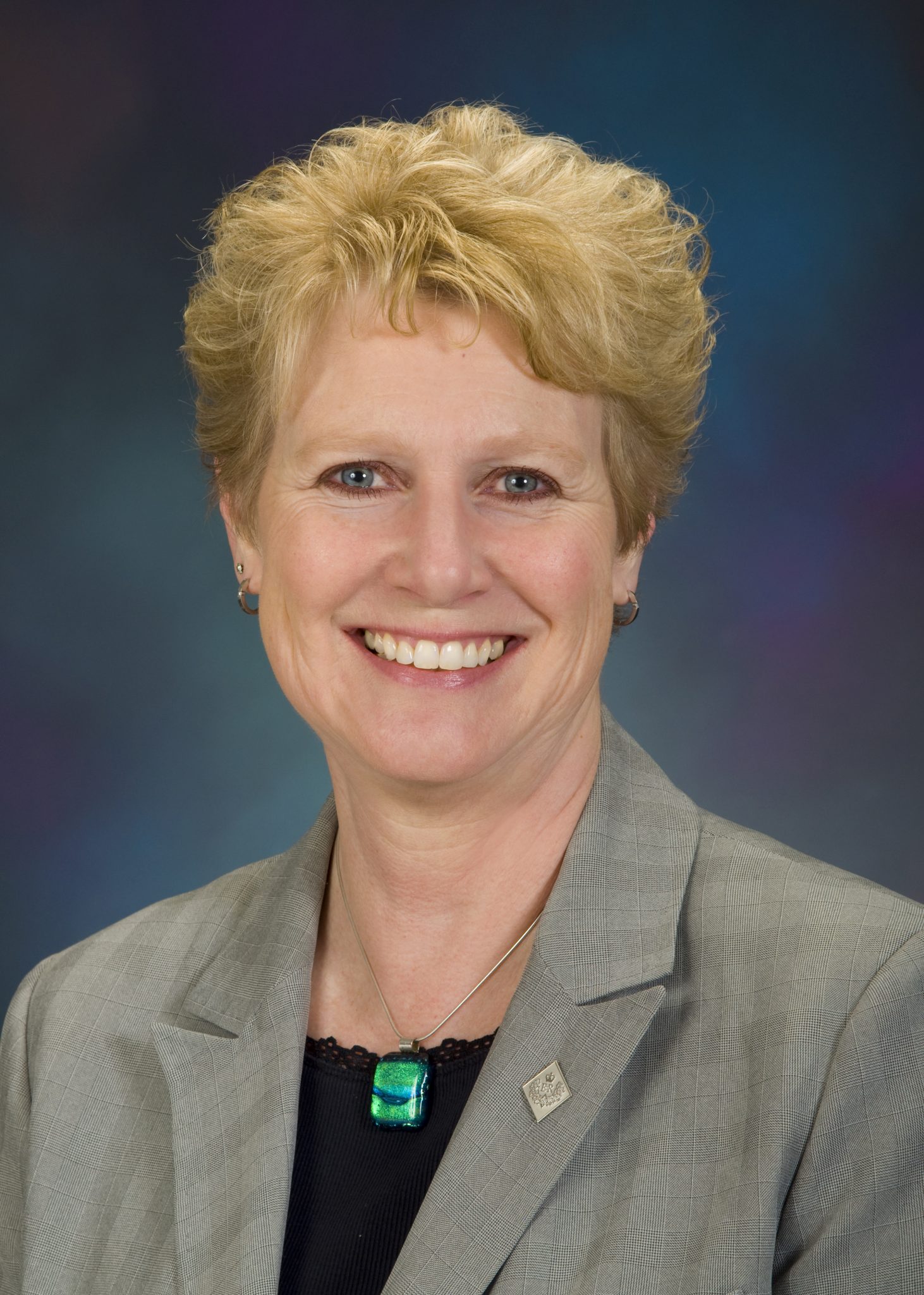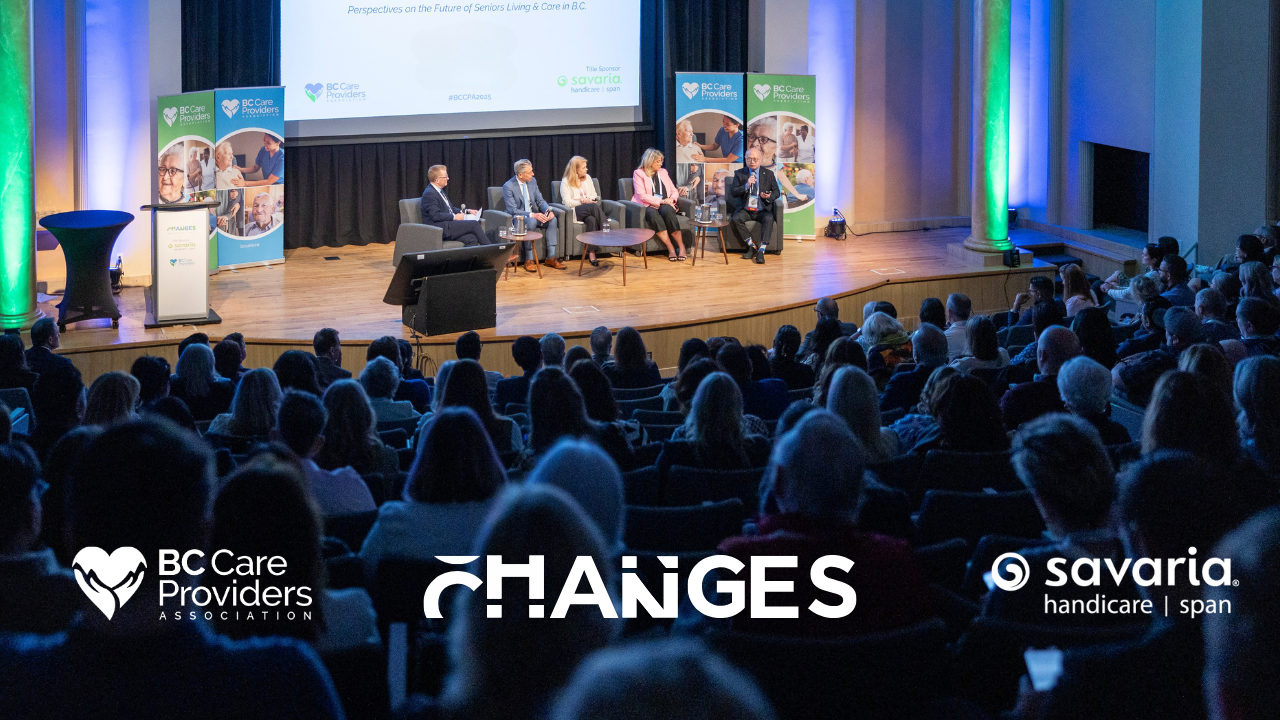Over the last several days in the BC Legislature, the Ministry of Health has been going through the estimates process. This is the time for the Official Opposition to pose questions to the Minister regarding any expenditures or policies related to his/her department. We will be posting a complete transcript of the debates relating to the continuing care sector in the “members only” section of the site once they are finalized.

A number of very interesting issues came up for discussion over the two days of questioning. In particular, there was an exchange between Minister Terry Lake and NDP MLA Katrine Konroy regarding province-wide reporting of inter-resident aggression. According to the Minister, the BC Government is considering new policies and procedures that allow for the collection of statistics pertaining to inter-resident aggression.
The BCCPA will be following up with the Ministry to determine if they will be consulting with the sector in advance of any new data collection system being implemented. However, what follows is a copy of the “draft” transcript from yesterday.
Ministry of Health Estimates Debate – Thursday, July 24
K. Conroy: The provincial numbers, stats on this, are from 2009-2010. They show that there are 3,783 people with acquired brain injury in residential care in the province, and 185 of those are in the Interior Health. I’m wondering if the ministry has more current statistics on that number.
Hon. T. Lake: Those are the latest figures that we do have. Over the last number of years a new system has been incorporated, and there are several health authorities that are submitting data, so it will be some time before we have new figures to update the 2011 figures that the member has quoted. [quote name=”Hon. Terry Lake, Minister of Health” pull=”right”]We are actually contemplating at this present time a regulatory change to separate out resident-to-resident incidents[/quote]
K. Conroy: It’s my understanding that about 15 percent of residential care clients are estimated to have severe to very severe aggressive characteristics, whether it’s dementia or brain injury. The province doesn’t have any separate incident-reporting category for resident-to-resident aggression. Is the ministry planning to change this?
Hon. T. Lake: We are actually contemplating at this present time a regulatory change to separate out resident-to-resident incidents
K. Conroy: Does the ministry, then, have statistics on inter-resident aggression from health authorities within residential care?
Hon. T. Lake: Health authorities do record that information and report it to the regulatory branches of the health authorities, but it is not collected provincially at this time.

K. Conroy: I’m thinking that when the minister says “at this time,” it is going to be gathered provincially in the near future.
Hon. T. Lake: Yes, that is the regulatory change that we are considering at the moment.
K. Conroy: One of the recommendations from the Ombudsperson’s report was to ensure that all residential care staff receive ongoing training in caring for people with dementia. In this case, it seems that there’s been insufficient training, especially for the staff protecting themselves from residents and also protecting residents from each other.
I’m wondering what the ministry is doing to ensure that this recommendation is carried out.
Hon. T. Lake: We had the opportunity to discuss this a little bit yesterday.
We are doing enhanced training for care providers. In March of 2013 the ministry signed a three-year licence for PIECES self-program, which stands for physical, intellectual, emotional health, capabilities, environment, social. This is a program that, I believe, came out of Ontario. It’s to be used by the province as part of our enhancement of our dementia care training to residential care providers within British Columbia.
I understand that this is currently being piloted in some of our health authorities and will be rolled out throughout the province.
As the member rightly suggests, there is a need to increase training in terms of the complex needs of dementia patients. As our demographic continues to age, of course — the aging population — this becomes more necessary than ever. We are responding to that need through this very successful PIECES program.




